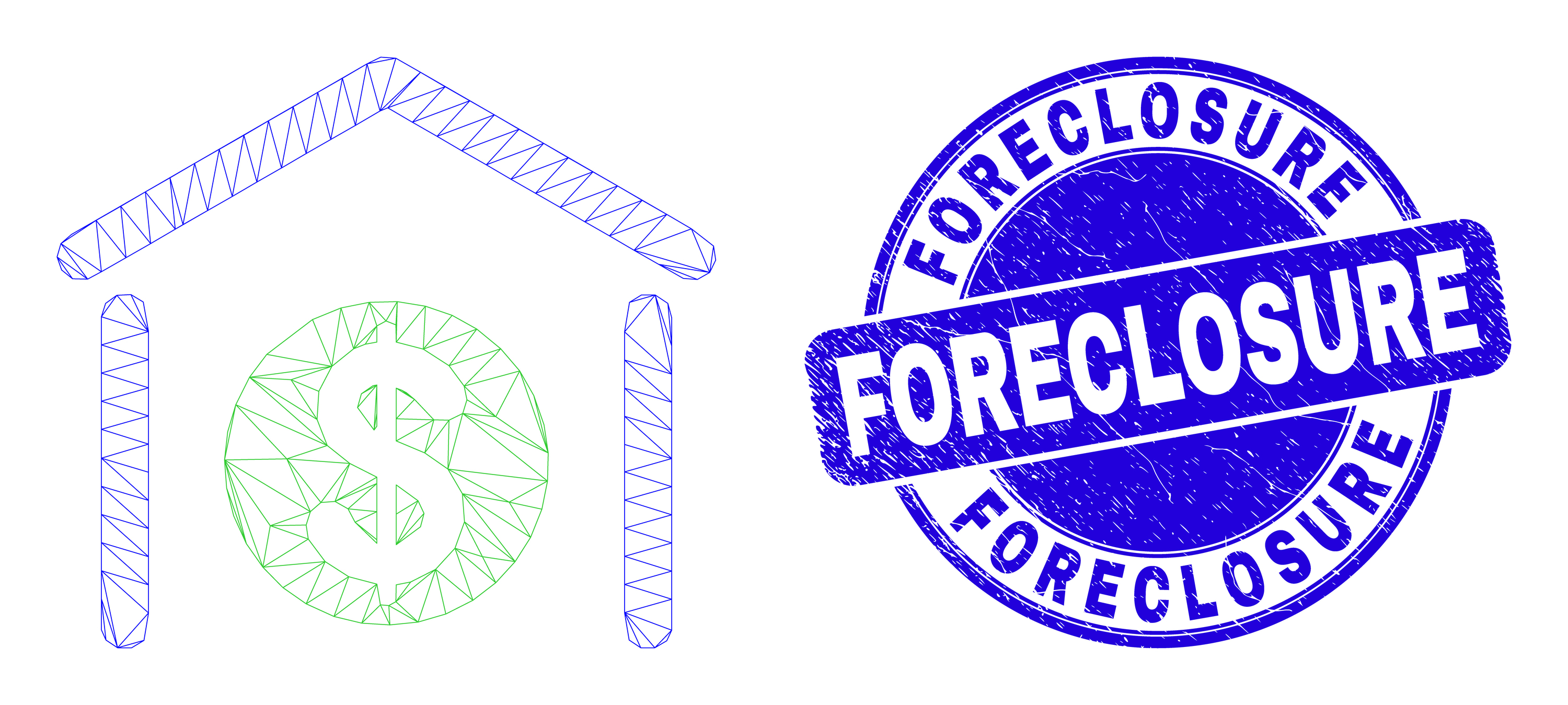How to Prevent Foreclosure
 When you’re struggling under the weight of an overwhelmingly large mortgage, missing payments may be inevitable. And after you’ve missed more than three of your monthly payments, your lender will file a notice of default.
When you’re struggling under the weight of an overwhelmingly large mortgage, missing payments may be inevitable. And after you’ve missed more than three of your monthly payments, your lender will file a notice of default.
Once you receive that notice, it may seem as though foreclosure is inescapable. But even at this stage, there are avenues you can take to stop the foreclosure process. Read on to learn more about the five different strategies you can use.
Sell Your Home
If you’re worried about foreclosure but haven’t yet received a notice of default (NOD), now may be the time to consider selling your home. But selling with a traditional realtor or even “for sale by owner” can take months, depending on the real estate market and the condition of your property. It’s not exactly an ideal scenario if you’re trying to prevent the bank from foreclosing on your house.
That’s where a cash sale comes in.
When you sell your house to a cash buyer — who is typically a real estate investor — you can close on the sale in just a matter of days. On average, closing on a house sold to a cash buyer takes one to two weeks. Compare that to an average closing time of 48 days when selling to a buyer with a traditional mortgage, and there’s no doubt a cash sale offers a tremendous advantage.
Work With Your Lender to Modify Your Loan
If your lender hasn’t yet filed a notice of default, you may be able to stop foreclosure by working with your lender to prevent the filing of a NOD. Depending on your financial situation, your lender may be willing to modify your loan, which will allow you to catch up on payments. When a lender is willing to take this route, they’ll typically offer several loan modification options, which may include:
-
Making up missed payments. Some lenders may agree to develop a new repayment plan that is more affordable in your current financial situation. This is known as forbearance.
-
Forgiving payments. Some lenders may be willing to forgive a missed payment or two — known as debt forgiveness — if you can agree to stay current on your payments going forward. Don’t count on this option — it rarely happens.
-
Altering loan terms. If your mortgage is adjustable, your lender may be willing to freeze the interest rate to keep your payments more manageable. An extension of the amortization period may also be possible.
-
Taking out a separate loan. If your mortgage is a government loan and you’ve missed payments, you may be able to qualify for another separate loan, which will pay back any payments you missed. This is called a partial claim, and it’s only applicable for certain government loans and specific situations.
-
Adding missed payments to your existing loan balance. If you meet the bank’s lending guidelines and have enough equity in your home, your lender may be willing to add your missed payments back to the balance of your loan. This option is better known as refinancing.
Deed the Home Back to the Lender
To cancel a foreclosure, you can always sign the deed to your home back over to the lender. This is known as a deed in lieu. While this might sound like a great option initially, it does have one major drawback: signing a deed in lieu has the same negative impact on your credit that foreclosure does.
Opt for a Short Sale
If you’ve already received a notice of default, but your lender hasn’t scheduled an auction, you can avoid foreclosure by opting for a short sale. A short sale occurs when your home is already in the process of foreclosure, and you receive an offer from a qualified buyer. When you receive that offer, your lender must consider it, at the very least.
Depending on the offer, your lender may be willing to negotiate rather than continuing with the foreclosure process. Since the bank will attempt to resell the property after the foreclosure is complete, a short sale eliminates a lot of extra work on their part. However, if the lender believes they can make more money on the house by continuing with the foreclosure, they’ll likely take that avenue.
It’s important to note that a short sale will negatively affect your credit, but not to the degree a foreclosure will.
Consider Filing Bankruptcy
The least attractive option for preventing foreclosure is to file for bankruptcy. Once you file, your creditors — including your mortgage lender — must, by law, cease all collection actions against you. Since foreclosure is considered a collection activity, bankruptcy effectively freezes the process until your bankruptcy proceedings are complete.
Keep in mind, though, that bankruptcy doesn’t necessarily stop the process altogether. In many cases, it simply buys the homeowner more time to get their finances back in order.
Worried About Foreclosure?
If you’re struggling under the weight of an overwhelming mortgage, get in touch with our team at Cash for Vegas Homes. We buy houses in any condition and are ready to extend a fair cash offer to purchase your Las Vegas house. To learn more or find out how much your house is worth, give us a call today at (702) 850-8001, orfill out our contact form.

